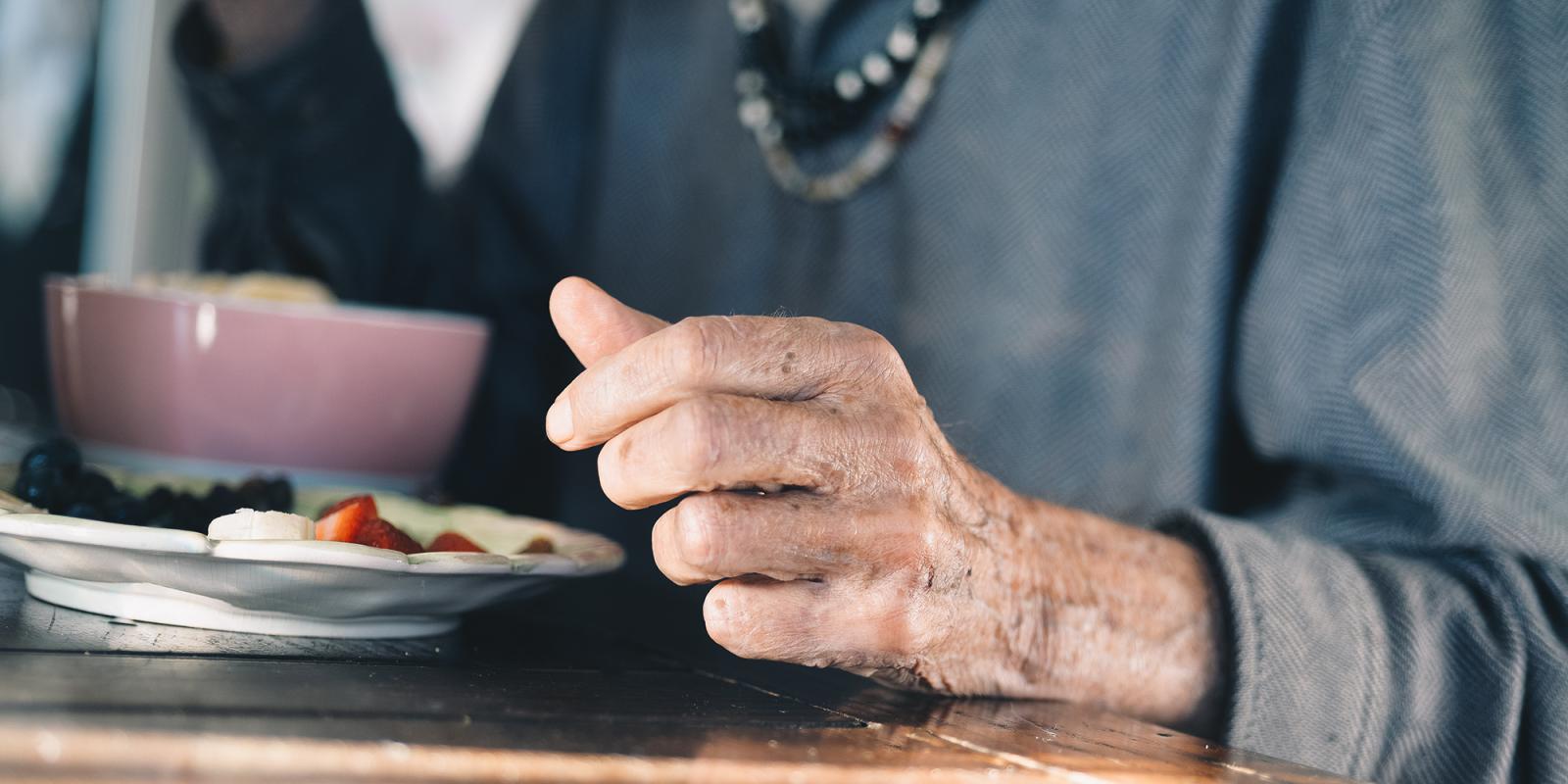The COVID-19 pandemic has increased social isolation for older adults, which can be a risk factor for malnutrition. October 5-9 is Malnutrition Awareness Week, the annual multiorganizational campaign created by the American Society of Parenteral and Enteral Nutrition (ASPEN) to intervene against malnutrition. Malnutrition, or poor nutrition, is when the body does not receive sufficient nutrients. Malnourished individuals come in all shapes and sizes; they may look healthy, carry extra weight or be frail.

Malnutrition in older adults costs the United States an estimated $51.3 billion dollars each year. As many as one out of two older adults are either malnourished or at risk for becoming malnourished. Malnutrition happens for several reasons—natural changes that come with aging, including decreased appetite and changes in digestion, access or lack thereof to healthy foods, ability to grocery shop and cook, social isolation or changes in mental health.
Ways to Act Against Malnutrition
Malnutrition does not have to occur if all of us in the aging section remain aware of the signs and symptoms of an older adult being malnourished and work to strengthen systems and programs that support older persons. Intervening against malnutrition decreases hospital stays, reduces readmissions and decreases healthcare costs.
Be aware. Ask older adults or their caregivers these questions:
- Have you had weight loss without trying?
- Has your appetite changed?
- Are you not able to eat well or only able to eat small amounts?
- Do you feel weak or tired?
- Have you had swelling or fluid accumulation?
- If any of these questions are yes, suggest they contact a medical provider and set an appointment with a Registered Dietitian Nutritionist.
Support organizations that help fight malnutrition
Check out ASPEN’s webinars, resources and patient stories available to help spread the word.
Advocate for your state to recognize Malnutrition Awareness Week to bring more awareness to malnutrition in your state. Governors in states like Florida, Texas and Utah this year already have signed proclamations this year to recognize Malnutrition Awareness Week.
Partner with local food pantries and local congregate and home-delivered meal service providers to help identify older adults in need and give your time by volunteering, donating food or donating money.
Connect older adults to resources in your area by helping them with a Benefits CheckUp or by using the national Eldercare Locator.
Malnutrition Intervention in Action
New York’s Erie County Department of Senior Services is intervening for malnutrition with their GO & Dine program, which provides older adults up to four meal vouchers per month to be redeemed at local participating restaurants. This innovative program also gives older adults more variety and supports local restaurants.
The Iowa Department on Aging is planning to use an innovation grant to modernize Iowa’s congregate meal program infrastructure, delivery mechanisms and outreach to increase the number of participants and meals served and to create a partnership infrastructure in the Elderbridge AAA service region for meals. They also will identify older adults who may be food insecure, socially isolated and live in rural areas for whom to provide nutrition education.
Start your own program today to help older adults avoid the scourge of malnutrition.
Meredith Ponder Whitmire is policy director of Defeat Malnutrition Today in Washington, DC.













